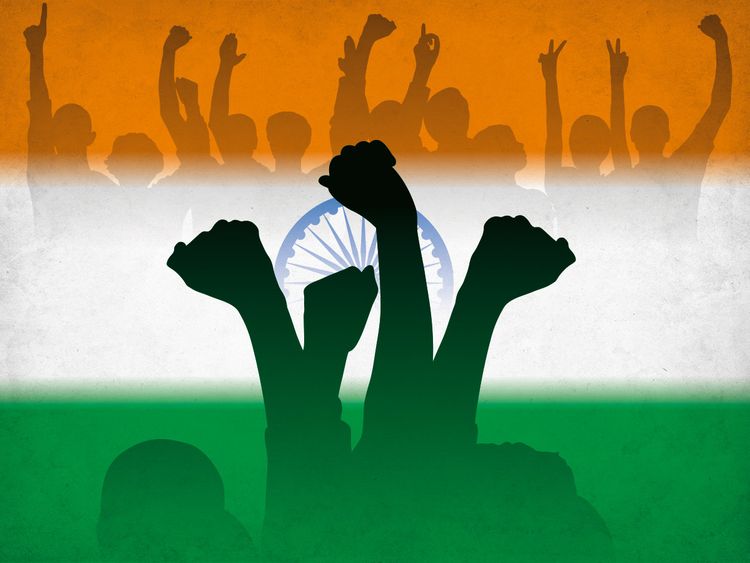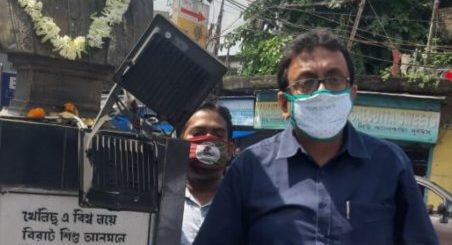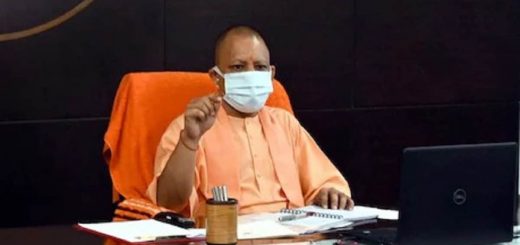To Prevent Democracy’s Erosion, India Must First Redefine Its Meaning

The Indian government has been a democratic government of the people, for the people, and by the people. Under the Narendra Modi government, Indian politics and its vocabulary have changed significantly. Rather, it has got re-defined. More so, in the last seven years (2014–2021) under the prime ministership of Narendra Modi. People started talking about economies and for that matter learned a bit about it, people got to learn about various taxes and their problems and they being replaced by GST tax, and so on.

On December 9, 2019, the BJP reintroduced the citizenship Amendment bill in parliament. The bill seeks to provide Indian citizenship to refugees from Pakistan, Bangladesh, and Afghanistan. However, the bill excludes Muslim refugees from seeking citizenship from this. In spite of secularism in the country being part of the basic structure of the constitution, the frequent summoning of sedition law (Section 124A of IPC) against political disagreement when freedom of speech and expression is a fundamental right, the conflict between Center and West Bengal government because of an IAS officer transfer when federalism has been read into the constitution are some examples which reveal the intense liability of democracy in India. Such developments raised a question about democracy in India.
As long as a party has to seek power through elections there cannot be any end to democracy, since people can throw the party out of power. Without changing the Constitution there cannot be an end to the election and consequently democracy. This understanding of democracy, however, is far from the truth, if not threatening.
The apologist of the Modi government frequently invokes Indira Gandhi’s declared the Emergency of 1975–77, when faced with the ongoing erosion of democracy in India and pillar of democracy were shaken.
Democracy without liberalism
Democracy is a government of the people by the people and for the people where the citizens of the nations elect their leaders. One citizen is equal to one vote.
On the other hand, liberalism is about how people live their social lives. Everyone is equal and everyone should be equal under the law and they will do what they need to do to make this so. Liberalism is about creating meritocracy and defending it.
Liberalism seeks to evolve such rules and procedures that would secure the liberty of individuals while democracy implies the formation of a government with the consent of ordinary people. Liberal democracy is a state ruled by the will of the people which also includes full support and respect for civil rights and individual human rights.




